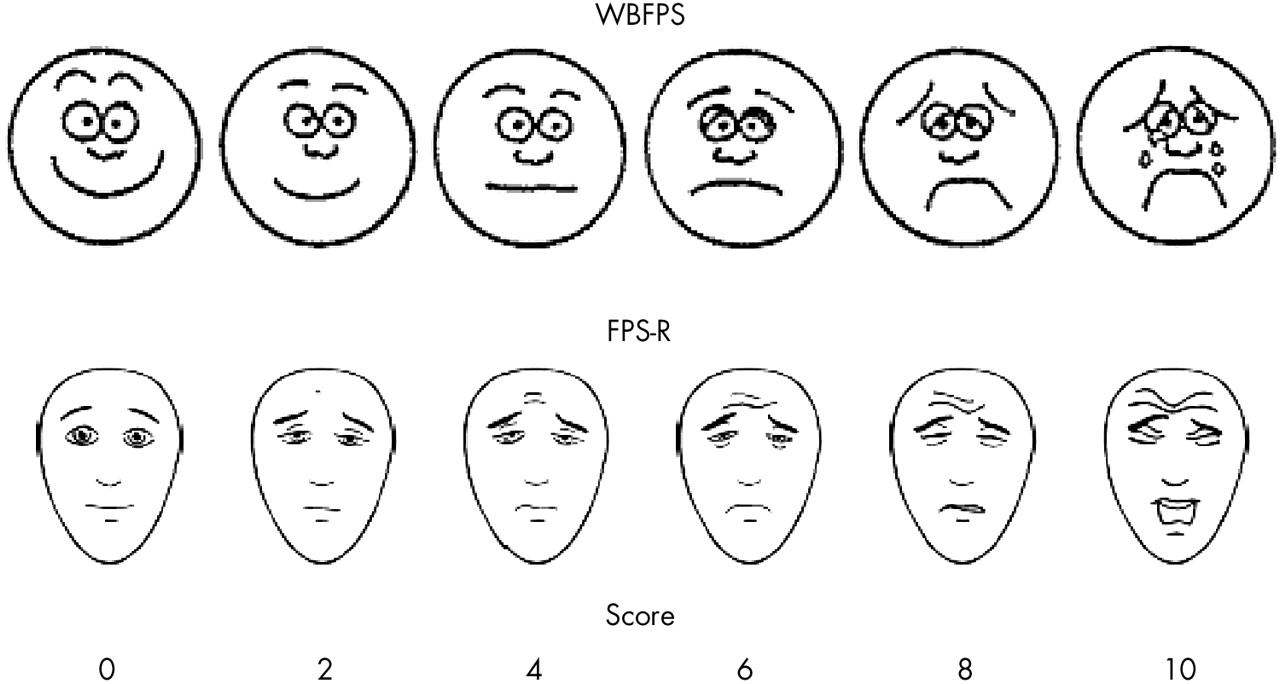- Feb 11, 2018
- 43
- 29
- 57
- Country
- United States
- Faith
- Lutheran
- Marital Status
- Divorced
I've started going through Sam Harris book The Moral Landscape hoping to eventually do a review of it. He is, after all, one of the four horsemen of atheism and should be one of those most knowledgeable and likely to offer an explanation on moral knowledge that counters theistic thinking. I've read through chapter one. Here's my thoughts on him.
Harris is obviously anti-Christianity from some of what he says (and i won't go into detail here) So he enlists the aid of science, instead of religion of any sort, to decide what is moral or immoral. But first he must jump over what has been called the "is-ought" fallacy. That states that you cannot find what you "ought" to do from what "is." That's because what something "is" is merely a description of what exists in the world or how it exists while an "ought" dictates the behavior you should engage in and is not descriptive of the state of the world. These are two different things. Let's see how Harris navigates around that obstacle.
Harris, early in chapter one, says that science will tell you what you should do and should want and therefore what other people should do or should want. This, he says, centers on our concept of well-being. This definitely has some merit. Science can certainly tell me what vitamins or pills to take for high blood pressure just as it can tell me that drinking less soda is better. It certainly can do the same for others. In this sense science is helpful.
But what about other circumstances? Science can tell us that most people want to maximize the amount of money in their accounts. I suppose sociological studies will tell us that. However, some people want to increase their "takings" at the expense of others who would rather have the money themselves. Think of some public sector employees or big corporation executives. In fact, a scientific study will probably show that many people will, if they can get away with it, take something from others. In this case, science, per Harris, shows us people want certain things - the same things that other people want to take from them. What, at this point, does Harris's moral system do? This is the main problem I find with his argument: that one group of people can say they want something while another group of people might say "tough, I know you want that but I, instead, want to take it from you."
What we have here are two groups of people who want something - one perhaps selfishly. Harris might say that we should value what benefits the well-being of others. The natural question is "but why." "Why," a skeptical doubter might say, "should I value his or her interest in that item when I want the item myself and would benefit from having it?" That, I think, is a question that Harris cannot answer
Harris is obviously anti-Christianity from some of what he says (and i won't go into detail here) So he enlists the aid of science, instead of religion of any sort, to decide what is moral or immoral. But first he must jump over what has been called the "is-ought" fallacy. That states that you cannot find what you "ought" to do from what "is." That's because what something "is" is merely a description of what exists in the world or how it exists while an "ought" dictates the behavior you should engage in and is not descriptive of the state of the world. These are two different things. Let's see how Harris navigates around that obstacle.
Harris, early in chapter one, says that science will tell you what you should do and should want and therefore what other people should do or should want. This, he says, centers on our concept of well-being. This definitely has some merit. Science can certainly tell me what vitamins or pills to take for high blood pressure just as it can tell me that drinking less soda is better. It certainly can do the same for others. In this sense science is helpful.
But what about other circumstances? Science can tell us that most people want to maximize the amount of money in their accounts. I suppose sociological studies will tell us that. However, some people want to increase their "takings" at the expense of others who would rather have the money themselves. Think of some public sector employees or big corporation executives. In fact, a scientific study will probably show that many people will, if they can get away with it, take something from others. In this case, science, per Harris, shows us people want certain things - the same things that other people want to take from them. What, at this point, does Harris's moral system do? This is the main problem I find with his argument: that one group of people can say they want something while another group of people might say "tough, I know you want that but I, instead, want to take it from you."
What we have here are two groups of people who want something - one perhaps selfishly. Harris might say that we should value what benefits the well-being of others. The natural question is "but why." "Why," a skeptical doubter might say, "should I value his or her interest in that item when I want the item myself and would benefit from having it?" That, I think, is a question that Harris cannot answer

